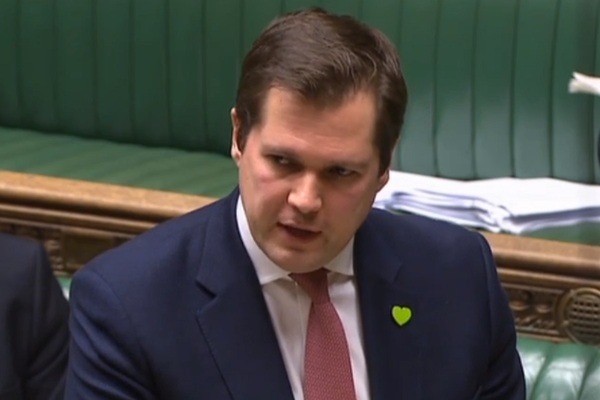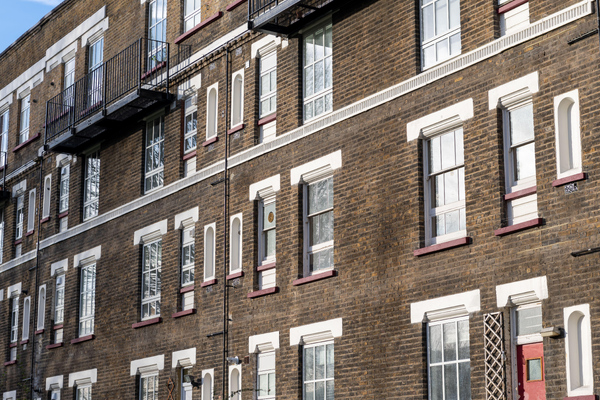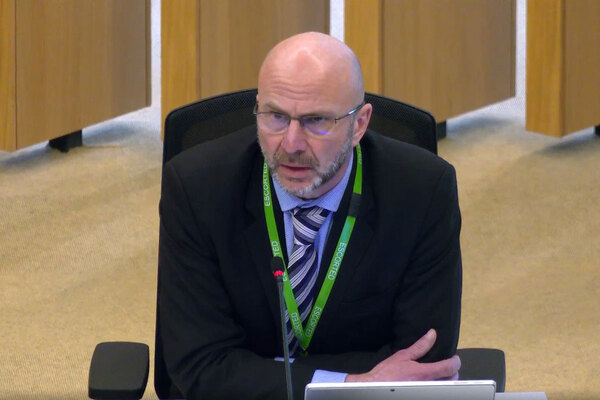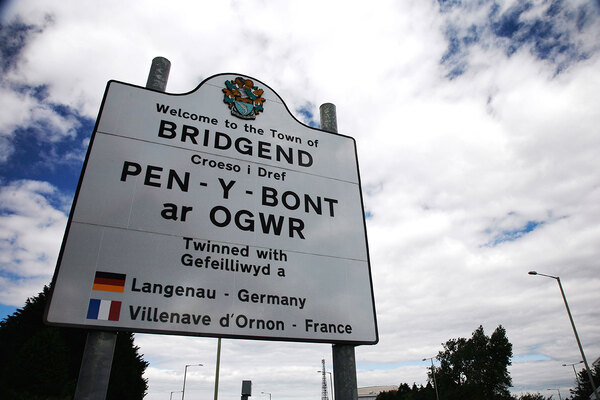You are viewing 1 of your 1 free articles
Housing secretary backed down from plan to challenge ‘apparent bias’ claim over Westferry Printworks scheme, court documents show
Robert Jenrick initially intended to resist allegations of “apparent bias” over his decision to green light the controversial Westferry Printworks scheme but completely reversed that decision two months later, Inside Housing can reveal.
Court papers from the judicial review case, seen by Inside Housing, show the housing secretary pledging to “resist any appeal brought by the council alleging apparent bias” over his decision to approve Richard Desmond’s £1bn Westferry Printworks scheme, arguing the council’s concern about his decision-making process was not “substantiated”.
The documents, from the 3 March, also show that the housing secretary dismissed Tower Hamlets Council’s request for documents relating to his decision, describing it as a “fishing expedition”.
However, by 21 May, Mr Jenrick reversed his decision and signed a consent order admitting unlawful “apparent bias” and accepted that the approval should be quashed.
He gave the green light to the 1,500-home development on 14 January 2020. However, Tower Hamlets Council quickly launched legal action against the government and asked the court to order the disclosure of documents relating to the approval in order to understand why Mr Jenrick had expedited the decision.
The deadline for the decision on the project was 20 February but the approval came early, one day before the council introduced new Community Infrastructure Levy (CIL) charges, which would have cost site landowner and Conservative Party donor Mr Desmond around £40m.
As set out in newly released documents on the 3 March judicial review, Mr Jenrick said the council’s concern about the decision-making process was not “substantiated” and refused to disclose the documents.
Instead, Mr Jenrick offered an “explanation” via a letter from government lawyers.
The letter said the decision was taken before the new CIL charges were introduced “to avoid the delay which would arise from having to refer back to the parties and seek representations on the impact on the appeal of the adoption of the new local plan and CIL charging schedule”.
Since the legal battle, it has been revealed that Mr Jenrick sat on a table with Mr Desmond at a Conservative Party fundraiser in November and that Mr Desmond donated £12,000 to the party just two weeks after the application was approved.
Housing minister Christopher Pincher this week defended Mr Jenrick and claimed that he refused to discuss the application despite the topic being raised by Mr Desmond at the fundraiser.
Pressure is now building on Mr Jenrick to release the documents with both the Liberal Democrat acting co-leader Ed Davey and Labour’s shadow housing and planning minister Mike Amesbury, both have written to cabinet secretary Sir Mark Sedwill requesting to launch an investigation into the matter.
Shadow communities and local government secretary Steve Reed has also called on the Conservative Party to repay the £12,000 donation made by Mr Desmond.
An spokesperson for the Ministry of Housing, Communities and Local Government said: “While we reject the suggestion that there was any actual bias in the decision, we have agreed that the application will be redetermined.”











